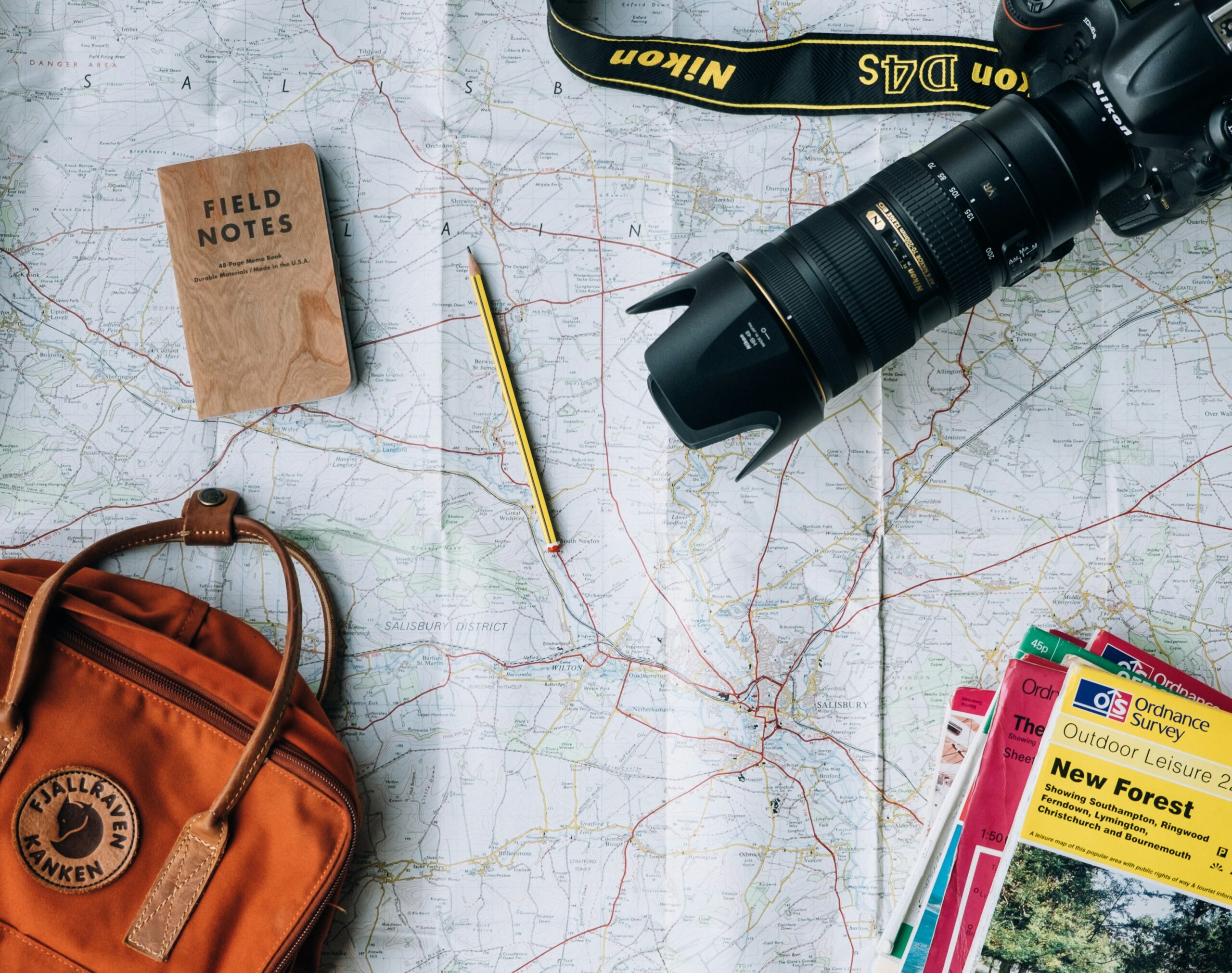Whenever you think a negative thought about someone, write it down, followed by ten positive ones. Do the same for yourself. Once you start noticing the positive in others, you will see the same in yourself.
Positivity and gratefulness create flow and make you feel more in tune with the universe.
Negativity is contagious and can create aggressivity against random people.
Don’t bring others down at work to feel better.
A monastery is like a hospital. Even the doctors get sick sometimes. And it’s not an achievement of itself being there. It simply means you’re ready for healing.
We’re only upset by how others treat us because of our mental models. We feel we can’t be happy if others don’t treat us as we expect them to.
If you can, help people. If you can’t, at least don’t harm them.
The act of letting go leads to freedom. And freedom is the only prerequisite to happiness.
For every negative person in your life, have three happy people. 75% of your close circle should be uplifting people.
You don’t have to solve other people’s problems. If you’re frustrated, that’s the ego talking or your expectations not matching reality. Do something about it or stop complaining.
You shouldn’t compare yourself to others. If someone sells more apples than you but fewer than the day before, it says nothing about how good you are and how well you are improving.
Freedom is getting rid of things not wanted, but it’s normal to have negative thoughts.
SPOT, STOP, SWAP. Apply this to all negative patterns.
Don’t complain, compare, or criticize for a week. Keep track of how often you criticize and try to bring it down the week after. The goal is zero.
Take joy in other people’s successes. if you do this for fifty people, you’ll have 50x more happiness than just your own.
Everything is abundant. Time. Money. Joy. Happiness. Focus On This.
The three mindsets that are the most important are the growth, positive, and abundant mindset.
Think about someone who you like but also envy. Ask yourself: Did what they got really take something away from me? Focus instead on celebrating with and for them.

